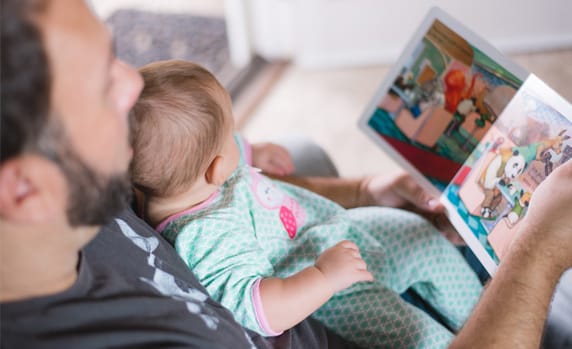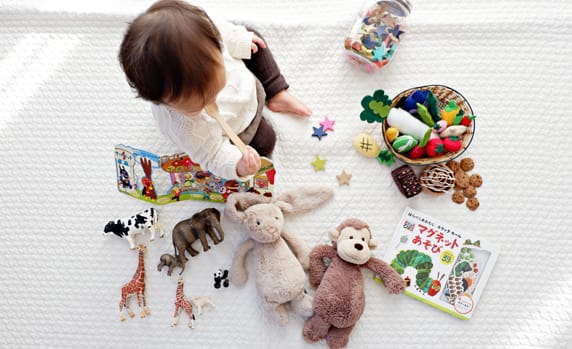Language Development Tips for Bilingual Children
Bilingualism takes dedication and consistency throughout childhood. Just because a parent might be bilingual does not mean you will automatically raise bilingual children. If you are set on helping your child learn two languages, there are some important things to know. First, one language will become your child’s dominant language. This will be whichever language your child becomes most comfortable with using, and it may fluctuate!
There are three big tips for parents raising bilingual children:
- Use both languages, if possible, from the moment a child is born. Children’s minds are always developing. Starting language development very early will make the language learning process for both more natural.







 If you’ve ever taken a quick look around, you’ll see that there are TONS of children’s speech therapy apps.
If you’ve ever taken a quick look around, you’ll see that there are TONS of children’s speech therapy apps. Perhaps you’ve heard of
Perhaps you’ve heard of